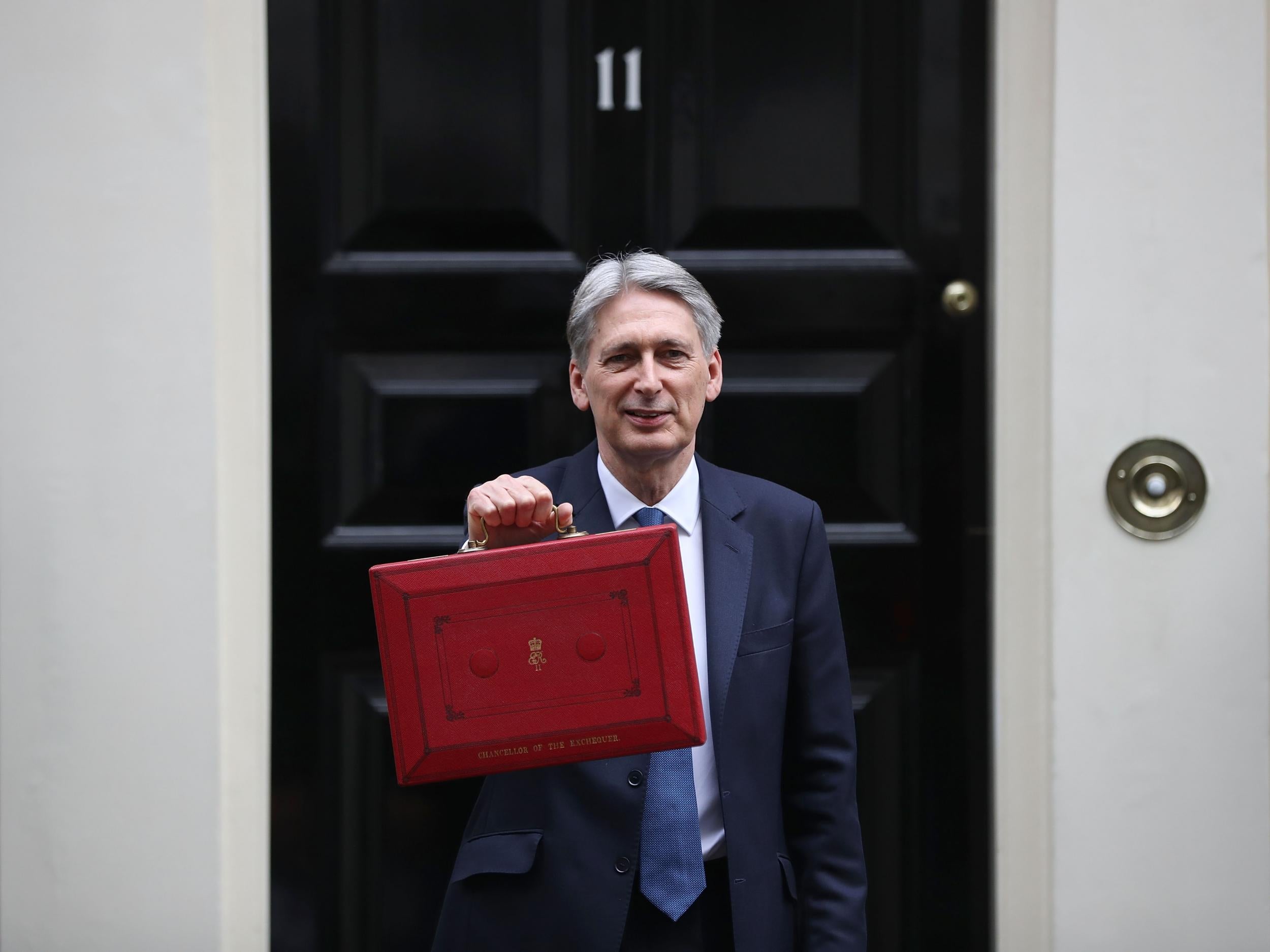Why we should worry less about inflation and pay more attention to wages
There are sound reasons for suspecting that deep spending cuts by the Government have indirectly held back wage growth by suppressing aggregate demand


It takes two to tango. And it takes two economic statistics to create a squeeze on household living standards. The first is something we hear a great deal about: inflation. Most of us are well aware that inflation is up sharply since the June 2016 Brexit vote due to the slide in the pound, which has forced up import costs and made the goods and services we all buy more expensive.
The Bank of England hiked interest rates earlier this month, the first increase in the UK’s benchmark cost of borrowing in a decade, arguing that a monetary tightening is now necessary to bring inflation back down to its official 2 per cent target over the next few years.
But inflation above 2 per cent in itself is not an inherent problem. Eminent economists, including the former chief economist of the IMF, have suggested central banks could be mandated by governments to adopt a 4 per cent price target, double the current one. And though all the world’s independent central banks target it, there really is indeed nothing magic about a 2 per cent bull’s eye. So long as the rate of growth in a price index is stable it could be somewhat higher without the sky falling in.
Which brings us to the second crucial economic factor in determining the welfare of most households: wages. If UK wages were growing at their pre-financial crisis rates of 4 per cent plus, today’s inflation rate of 3 per cent would be perfectly bearable. In such circumstances real wages would be going up and most households would not be suffering from a cost of living squeeze.
But average wages are not growing at historic average rates. They are growing at only around 2 per cent. And this is not a recent deterioration. Average wages have been abysmally weak ever since Lehman Brothers went bust and we went into recession. On the current official forecasts we are set for the worst decade of pay growth since Nelson beat the French at Trafalgar.
Inflation, of course, matters. The Brexit vote undoubtedly delivered an unpleasant inflation shock to households via the record slump in the pound on the night of the referendum, when it became clear a majority of the British public had voted for an act of economic national self-harm.
But the Office for National Statistics reported that inflation remained at 3 per cent in October, despite expectations that it would go higher. This suggests that inflation might have peaked, that the one-off shock of the currency effect has worked its way through. There are strong reasons to believe that the Bank of England is wrong to believe that inflation would soon get out of hand without a rate hike.
The greater economic welfare challenge for the country as a whole is not inflation but wages. And here an emphasis on prices risks letting the Government off the hook. Ministers take the conservative economic view that wages are determined by productivity growth – the degree to which we are becoming more efficient in producing goods and services – and that there is nothing, at least in the short-term, that they can really do to affect that.
But there are sound reasons for suspecting that if there had been more spending in the economy over the past decade that productivity would have grown (rather than flat-lining for 10 years) and that deep spending cuts by the Government have thus indirectly held back wage growth by supressing aggregate demand.
You will struggle to find a respected economist who believes that Brexit (putting trade obstacles between us and our biggest trading partner and restricting immigration) will enhance the UK’s productivity performance. The vast majority believe it will add insult to injury.
Yet a counsel of despair about the UK’s prospects is also dangerous – and risks letting the Government off the hook for running a fiscal policy that is still excessively tight.
A chunky increase in state spending on infrastructure and research now will, as a new report by the IPPR think tank argues, increase the future efficiency of the British economy but also inject some welcome spending demand today.
There’s also a case for the Government being bolder when it comes to increasing public sector wages given this is likely to have a knock-on effect on wages in the private sector. The orthodox viewpoint that wages can only grow as fast as productivity is contradicted by evidence which shows that wage growth can sometimes serve to drag up productivity.
The Government (and any administration that might follow it) face a paradox. Brexit-related uncertainty is already slowing the economy and leaving the European Union will make the country poorer than otherwise over the long term. That is a basis for realistic pessimism, as opposed to the fantasies of some prominent Brexiteers.
Yet the appropriate setting for ministers remains optimism over the ability of fiscal policy to help the economy return to productive and sustainable growth and for living standards to, finally, start rising again at the rate they did before the great crash. A failure to invest in the economy and to support aggregate demand over the coming years will not make the Brexit wound any smaller and would merely compound the waste of the past eight years of austerity. We will find out at next week’s Budget whether Philip Hammond has it in him to ride those two horses named pessimism and optimism.

Join our commenting forum
Join thought-provoking conversations, follow other Independent readers and see their replies